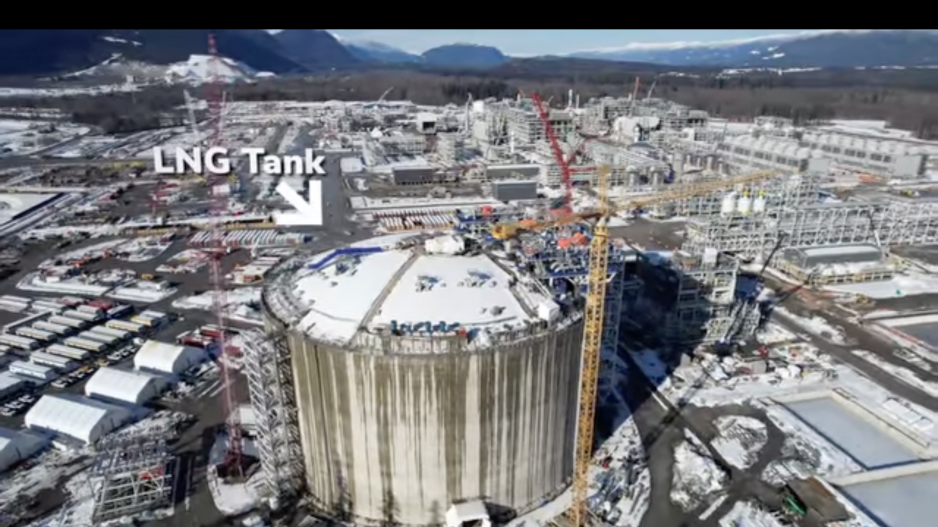Despite rosy real estate forecasts when the $18 billion LNG Canada terminal began construction in the northeast B.C. city in 2018, Kitimat housing sales have been falling ever since and hit a six-year low in the first quarter (Q1) of 2023.
The city is one of the few places in British Columbia where average home prices are less now than they were five years ago.
Kitimat housing sales plunged to just 31 transactions in the first three months of this year, down more than 70 per cent from the 110 sales peak in Q1 2018 when LNG Canada began the biggest private energy project in Canadian history.
Sales were also down from 46 transactions in Q1 of 2022.
Re/Max Kitimat agent and city councillor Graham Pitzel recalls when the official announcement was made of LNG Canada’s approval.
“I sold 34 houses that month. Just unbelievable.” he said.
“It is not that like that now,” added the long-time Kitimat resident.
In the first quarter of 2018, the average Kitimat home price peaked at $405,000. This March the average was $372,978, down $4,000 from a year earlier and 8 per cent lower than five years ago.
Pitzel said that, unlike many smaller towns in B.C., Kitimat did not see a surge in home sales during COVID-19 and the huge work camps – housing up to 7,000 workers – were locked down during the pandemic, which meant LNG workers were not spending money in nearby Kitimat.
LNG Canada’s first phase is scheduled to complete in 2025, but there could be two future phases if exports of liquefied natural gas (LNG) live up to expectations.
Currently the total cost of the LNG project, including the Coastal GasLink pipeline and drilling in the North Montney gas fields near Dawson Creek, total $48.3 billion.
Pitzel said he is not surprised at Kitimat’s housing slump but was shocked that so few new retail and service outlets opened, “After all, this is a town of 8,000 people with the largest energy project in Canadian history.”
What has changed is residential rentals, which now average close to $2,000 a month, he said, because of a shortage of rental housing. Pitzel suggested that an investor could buy a Kitimat detached house - some are priced at less than $299,000 – that would potentially generate positive cash flow.
Kitimat is emblematic of the residential real estate market across northern B.C. this year, however.
First-quarter residential sales in the region were down 42 per cent from the same period last year and the total sales volume dropped 45 per cent in the same period to $269 million, reports the BC Northern Real Estate Board.




